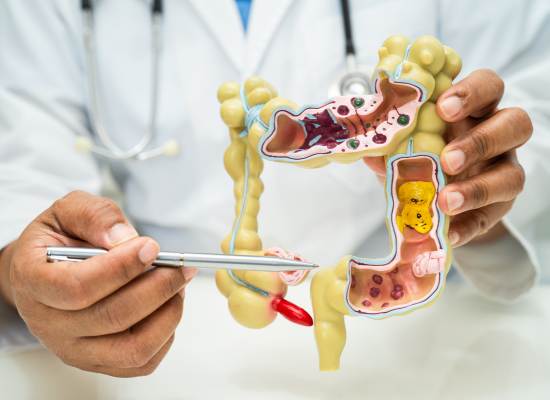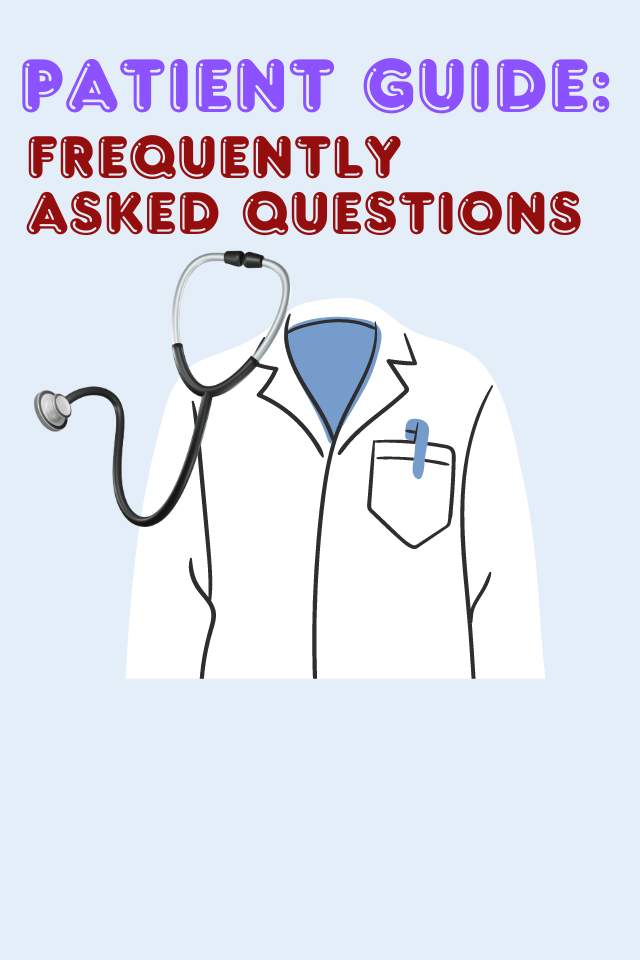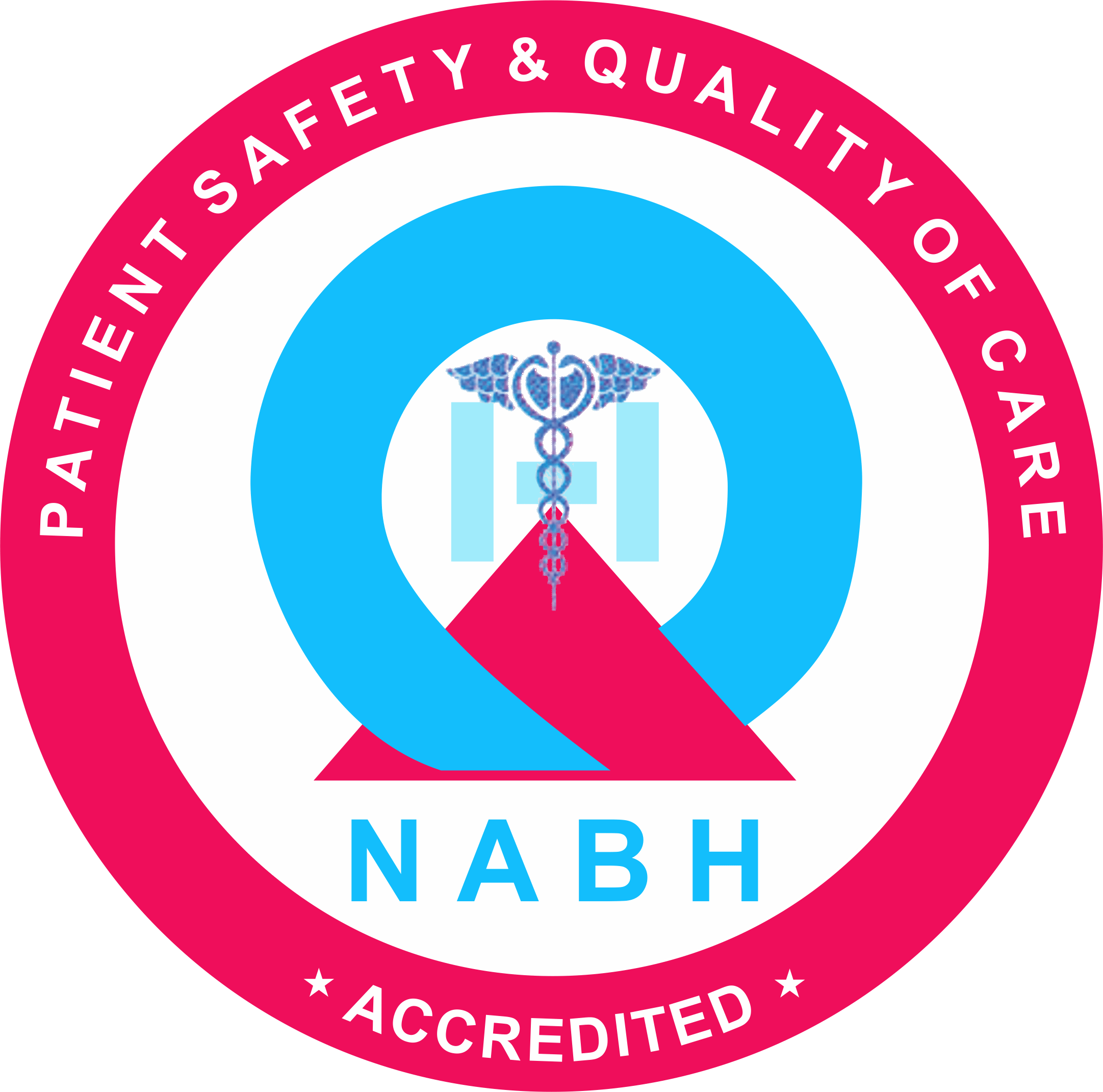General Surgery & Gastrointestinal Surgery
Appendix
Understanding appendicitis, surgical options, and recovery guidance from our specialized medical team committed to your well-being.
Appendix
Appendicitis is an inflamed appendix. It can cause acute (sudden, intense) pain in your lower abdomen.
Your appendix is a small, tubular pouch, about the size of a finger, that protrudes from the lower right end of large intestine. Poop (feces) moving through your large intestine can block or infect your appendix, leading to inflammation. Inflammation causes appendix to swell, and when it swells, it can burst.
A burst appendix is a medical emergency. It spreads bacteria from inside bowels throughout your abdominal cavity. The infection (peritonitis) can then spread to bloodstream, which lead to life-threatening complications (sepsis). Because of this risk, the standard treatment for appendicitis is to remove appendix (appendectomy). Your appendix isn’t an essential organ, and you won’t miss it.

Types of Appendix
1. Acute Appendix
Acute appendix is severe and can begin suddenly. It’s most common in children and young adults between the ages of 10 and 30 years. Pain tends to occur and intensify quickly over the course of 24 hours.
It requires immediate medical treatment. If left untreated, it can cause appendix to rupture. This can be a serious and even fatal complication.
2. Chronic Appendix
Chronic appendix is less common and occurs in only about 1.5 percent of all individual who have already had a case of acute appendix. The symptoms are typically mild and may disappear before reappearing again over a period of weeks, months, or even years.
Facilities Available
Experience modern healthcare with unparalleled comfort, convenience to ensure the best patient care and satisfaction.
Get a Quotation
Request a personalized quote for your healthcare needs quickly and easily. Contact us today for detailed pricing information.
What are the symptoms of appendix?
The most common symptoms of appendicitis are:
There’s a typical way these symptoms may present that can make it easier to recognize appendix. But unfortunately, only about half of people with appendix have the classic presentation of symptoms.
Kids, elderly adults and pregnant people may be less likely to present with typical symptoms.

What are the early signs of appendix?
In the typical presentation, abdominal pain begins in the middle of abdomen, around your belly button. It may hover or may come and go for several hours. Eventually, the pain intensifies, and nausea and vomiting develop.
Several hours later, the nausea passes, and the pain shifts to your lower right abdomen, where your appendix is. The pain becomes more focused and continues to worsen.
What causes Appendix?
Common causes of appendix include:
- Hardened poop (appendix stones). Hard, calcified fecal deposits known as fecaliths, appendicoliths or appendix stones can get stuck in the opening to appendix. They carry bacteria and can also trap bacteria that was already there inside appendix.
- Lymphoid hyperplasia. Your lymphatic system, which is part of immune system, helps fight infections by producing and releasing white blood cells into your tissues. This can cause the lymphoid tissue in appendix to swell, even when the original infection is elsewhere in your body.
- Colitis. Inflammation in colon from an infection or inflammatory bowel disease can affect appendix. The infection may spread, or the inflammation itself may irritate it.
Other factors that could block the opening to your appendix include:
Frequently Asked Questions
Common Questions
There have been rare reports of an undigested seed or nut getting stuck in the opening to the appendix and causing inflammation. In general, though, eating more fiber reduces risk of appendix.
Having a family history of appendix does appear to raise risk of developing it, though it’s not clear why. Appendicitis itself is not inherited, but genetics might be involved in some of causes.
A healthcare provider will ask detailed questions about your pain and other signs. They’ll perform a gentle physical exam to check for physical signs of appendix, such as guarding, stiffening and pain in response to pressure.




